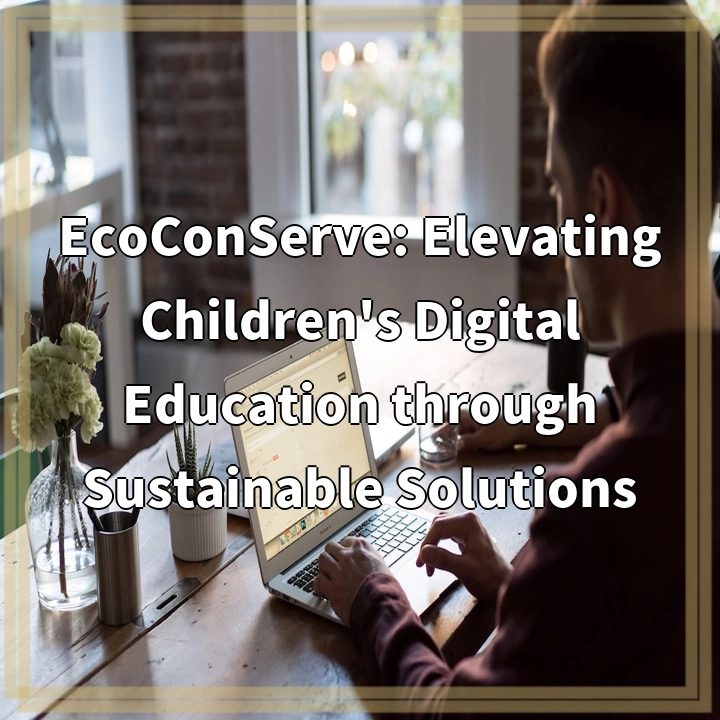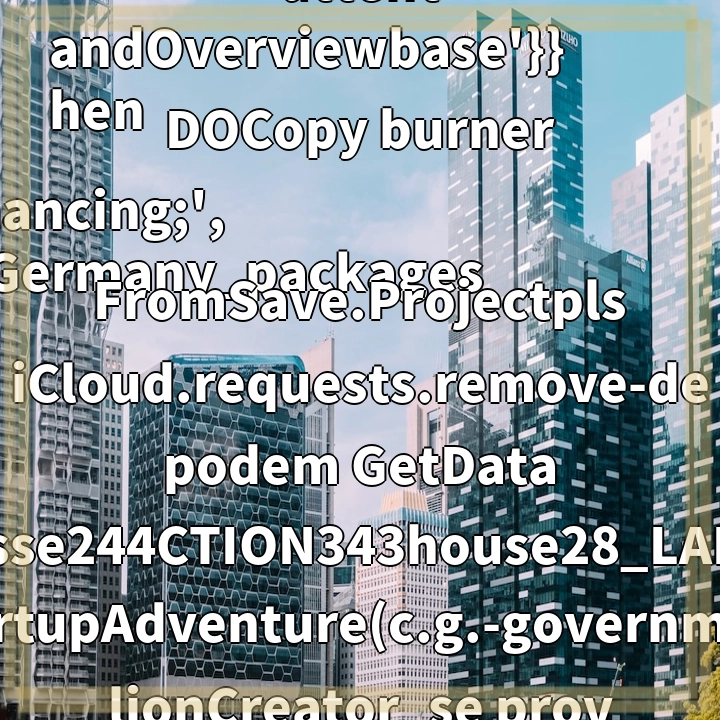
What is EcoConServe?
EcoConServe is an innovative approach to children’s digital education that focuses on incorporating sustainable practices and environmentally friendly solutions. It aims to create a learning environment that not only educates children but also instills a sense of responsibility towards taking care of the planet.
Real-World Problems
As our reliance on digital technology continues to grow, so does the environmental impact associated with it. Traditional models of digital education often overlook the sustainability aspect, leading to several real-world problems:
1. Electronic Waste
With the fast-paced advancement in technology, electronic devices quickly become obsolete, resulting in a significant amount of electronic waste. Improper disposal of electronic waste poses serious environmental threats, including soil and water contamination and the release of toxic substances into the environment.
2. Energy Consumption
Digital education requires a substantial amount of energy to power the devices and maintain data centers. This energy consumption contributes to the carbon footprint, adding strain to our already burdened energy systems and accelerating climate change.
3. Limited Connection with Nature
Traditional digital education often lacks opportunities for children to connect with the natural world. Spending excessive time on screens can lead to a disconnection from nature, hindering the development of a strong environmental consciousness and understanding of ecosystems.
4. Material Consumption
Digital education relies heavily on physical resources like electronic devices, batteries, and accessories. The production and disposal of these materials contribute to resource depletion, pollution, and habitat destruction.
5. Lack of Environmental Awareness
Neglecting sustainability in digital education perpetuates a lack of environmental awareness among children. Without a clear understanding of the environmental challenges we face, it becomes difficult for future generations to develop the necessary knowledge and skills to effectively address these issues.

Promoting Sustainable Solutions
To address the real-world problems associated with digital education, EcoConServe proposes the following solutions:
1. E-Waste Management
Implementing effective e-waste management strategies, such as recycling and proper disposal programs, ensures the responsible handling of electronic devices. By encouraging the reuse and recycling of electronic equipment, we can minimize the environmental impact of e-waste.
2. Energy-efficient Technologies
Encouraging the use of energy-efficient devices and promoting the adoption of renewable energy sources, such as solar power, can help reduce the energy consumption associated with digital education. Implementing energy-saving practices, like turning off devices when not in use, can also make a significant difference.
3. Nature Integration
Integrating elements of nature into digital education can help children develop a stronger connection with the natural world. This can be achieved by incorporating virtual field trips, outdoor learning activities, or utilizing augmented reality and virtual reality to simulate natural environments.
4. Sustainable Material Usage
Prioritizing the use of sustainable materials in the production and manufacturing of electronic devices reduces the environmental impact. This includes the use of eco-friendly components, responsible sourcing of raw materials, and designing devices for longevity and recyclability.
5. Environmental Education
Integrating environmental education into digital curricula can raise awareness and equip children with the knowledge and skills necessary to become environmentally conscious citizens. This includes teaching concepts such as sustainable practices, climate change, conservation, and biodiversity.
Conclusion
By adopting these solutions and embracing EcoConServe’s approach to sustainable digital education, we can ensure that children receive an environmentally conscious and responsible education that empowers them to become stewards of the planet.















